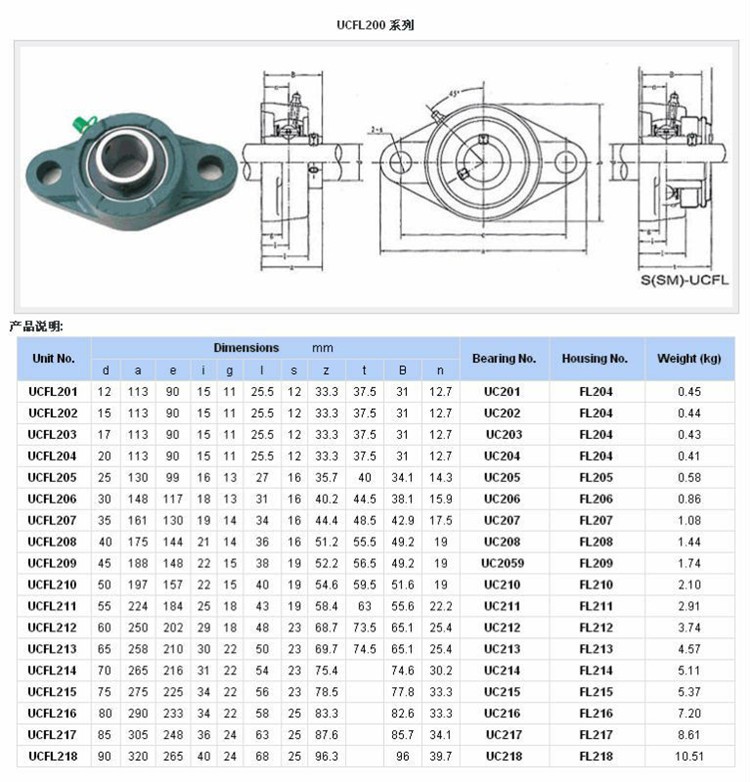The hidden truth behind the "abnormal sonata" of bearings
The hidden truth behind the "abnormal sonata" of bearings1. Lubrication factorsLubrication is as important to bearings as blood is to the human body. When lubrication is insufficient, an effective lubrication film cannot be formed at key friction points such as between the rolling element and raceway, between the cage and the rolling element inside the bearing, and the metal surfaces are in direct contact, causing the friction coefficient to increase dramatically. This dry friction between metals will generate a lot of heat, accompanied by a sharp "squeaking" sound, like the sound of scratching a blackboard with fingernails, which is very irritating. For example, in some high-temperature, high-speed mechanical equipment, if the grease is not replenished in time, the lubrication state of the bearing will deteriorate rapidly, and abnormal rotation noise will also appear.2) Installation problemsInstallation is a key link to ensure the normal operation of the bearing. Any slight improper installation may become a hidden danger of abnormal rotation noise. Installation eccentricity is a common problem. When the bearing is not accurately aligned with the shaft or bearing seat during installation, the force inside the bearing will become uneven. Some rolling elements are under pressure, while other parts are underloaded. This uneven force state will cause the movement trajectory of the rolling elements on the raceway to deviate, generate additional friction and vibration, and emit an abnormal "clicking" sound.3) Quality defectsThe quality problem of the bearing itself is also an important reason for abnormal rotation noise. Material defects are a manifestation of quality defects. For example, during the production process of the rolling element or ring of the bearing, if there are defects such as pores, sand holes, inclusions, etc. inside the material, these defective parts are prone to stress concentration when bearing loads, resulting in a decrease in the strength of the local material. As the bearing runs, these weak parts will gradually develop cracks, peeling and other damages, resulting in abnormal rotation noise. In order to reduce costs, some small manufacturers do not strictly control the purchase of raw materials and use poor quality steel, and the bearings produced are prone to such problems.4) Overload operationBearings are designed with a rated load capacity. When the equipment is in an overloaded state for a long time, the actual load on the bearing far exceeds its rated load. This will cause excessive pressure on the parts inside the bearing, resulting in a sharp increase in the contact stress between the rolling element and the raceway, and increased surface wear. As wear continues to develop, the clearance of the bearing will gradually increase, the stability of the internal structure will be destroyed, and abnormal rotation noise will be generated. On the production lines of some factories, in order to pursue output, the equipment is in a high-load operation state for a long time. The bearing is subjected to excessive pressure for a long time, and abnormal noise will soon appear, shortening the service life of the equipment.
Read More>>

